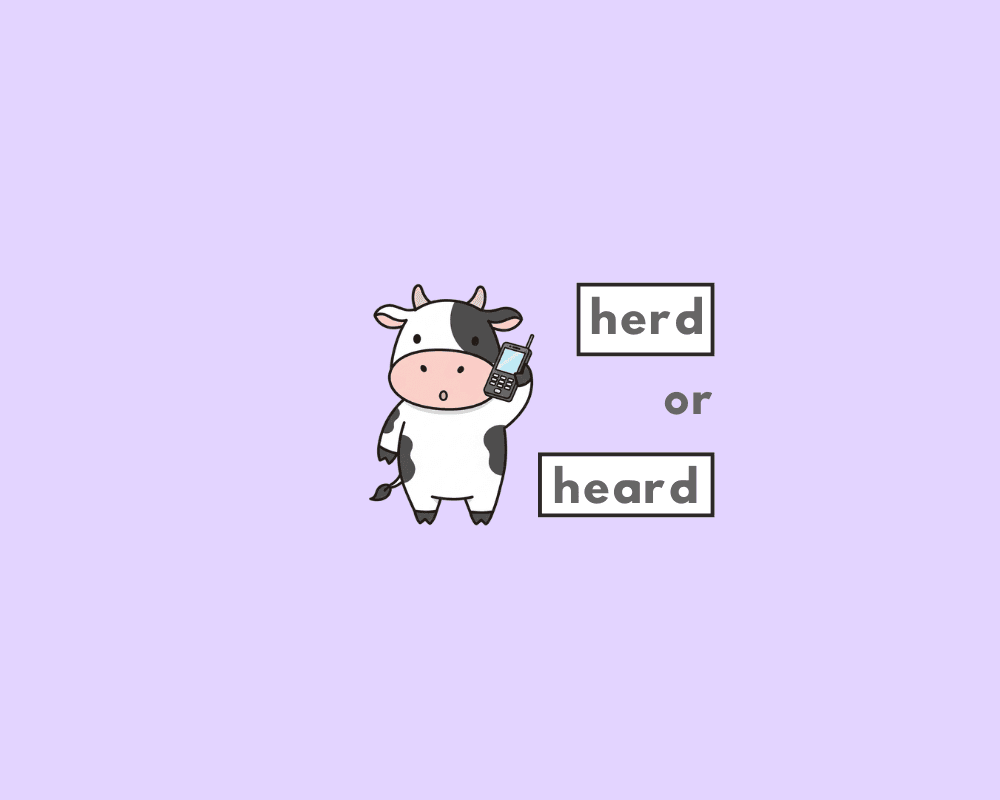What are conjunctions in grammar?
Conjunctions are words that connect other words, phrases, and clauses together in sentences. They are utility words that exist to serve a purpose; namely, being a connector of words, phrases and clauses that builds sentences.
Although it was raining, we went for a walk.
Because she studied hard, she passed the exam.
While the sun shone brightly and because the birds sang sweetly, but we felt sad.
We went to the park, however it started to rain.
Many words in English are conjunctions; for example, the words and, or, but, and because are all examples of words that are conjunctions.
Types of conjunctions
The three main kinds of conjunctions are the coordinating, subordinating, and correlative.
- Coordinating conjunctions connect equal or coordinate grammatical items, such as two words, phrases, or clauses. Examples are for, and, but, so (re: the acronym FANBOYS).
- Subordinating conjunctions connect dependent clauses with independent clauses. Some examples include after, although, as, as if, as long as, because, before, despite.
- Correlative conjunctions always come in pairs; they help relate or make the relationship between elements or two words within a sentence apparent. Some examples are either/or, neither/nor, such/that and whether/or.
What are subordinating conjunctions?
We use subordinating conjunctions to connect dependent clauses with independent clauses. But what does that mean?
The adjective “subordinating” means lower in rank or position. By extension, these conjunctions piece together clauses that are “lower”, or depend on an independent clause to form a complete thought.
A dependent clause, also known as a subordinate clause, is a clause with two unique qualities. First, on their own they do not express a complete thought, and cannot stand on their own as an independent sentence. Second, they depend on an independent clause—one that can stand on its own as a complete sentence—to form a complete idea.
“subordinating conjunctions,” think “sub” as “subordinate” or “under.” They always introduce a dependent clause that can’t stand alone, connecting it “under” the main clause.
What are the subordinating conjunctions?
Subordinating conjunctions include: after, although, as, as if, as long as, because, before, despite, even if, even though, if, in order that, rather than, since, so that, that, though, unless, until, when, where, whereas, whether, and while.
The subordinating conjunction “because”
Subordinating conjunctions indicate a cause-and-effect relationship or a shift in time and place between the two clauses. The subordinating conjunction because, specifically, signals a cause-and-effect relationship between a subordinate clause and the main clause. In isolation, a subordinate clause that begins with because is incomplete:
|
Because he wanted his mom to make him breakfast. |
This sentence is missing something, and that’s precisely because it lacks an independent clause to complete the thought:
|
The boy was upset because he wanted his mom to make him breakfast. |
Now the sentence makes sense, and expresses a complete thought or idea. This is because we attached the independent clause (“The boy was upset“) with the subordinate clause (“because he wanted his mom to make him breakfast“). Notice that conjunctions will appear between the items or clauses they link.
Other subordinating conjunctions that show causality are as, since, though, due to, provided that, because of, and unless.
What are coordinating conjunctions?
The adjective “coordinating” originates from the Medieval Latin word coordinatus, meaning, “of the same order, belonging to the same rank or degree” (from Etymonline, coordinating). By extension, coordinating conjunctions connect equal or coordinate grammatical items, such as two words, phrases, or clauses of the same grammatical standing.
There are 7 coordinating conjunctions. You can remember them by the mnemonic FANBOYS, which stands for for, and, nor, but, or, yet, and so. See the coordinating conjunctions in sentence examples:
|
For: She studied diligently, for she aimed to excel in her exams. |
|
And: The sun was shining, and the birds were singing. |
|
Nor: Neither the rain nor the thunderstorm could dampen their spirits. |
|
But: The weather was cold, but they decided to go for a hike anyway. |
|
Or: You can choose tea or coffee for breakfast. |
|
Yet: He was tired, yet he continued working on his project. |
|
So: The rain was relentless, so we decided to stay indoors. |
Note: if you connect two independent clauses with a comma and omit the appropriate coordinating conjunction, this results in a comma splice. To avoid comma splices, or other similar errors, make sure to use a comma and a coordinating conjunction when connecting two independent clauses. Alternatively, you can separate the clauses into two independent sentences, or use a semi-colon or other form of punctuation.
Worksheet
According to the post, what is the main function of subordinating conjunctions?
What type of clause does a subordinating conjunction typically introduce?
Based on the examples provided, which of the following is NOT listed as a subordinating conjunction?
The post mentions that connecting two clauses with a coordinating conjunction like “however” can be incorrect if a subordinating conjunction is needed. Which conjunction type connects equal grammatical items?
Which sentence from the post correctly uses a subordinating conjunction?
In the sentence “Because she studied hard, she passed the exam,” the word “Because” is an example of a _____ conjunction.
A dependent clause cannot stand on its own because it does not express a complete _____.
Subordinating conjunctions are used to connect a dependent clause with an _____ clause.
The study tip for “subordinating conjunctions” suggests thinking of “sub” as meaning _____.
In the correct example sentence from the post, “_____ it was raining, we went for a walk,” the blank is filled by a subordinating conjunction.
FAQs
What are subordinating conjunctions?
+
What do sub. conjunctions connect?
+
Why are they ‘subordinating’?
+
Give examples of sub. conjunctions.
+
Subordinating vs coordinating?
+
- Harper, Douglas. “Etymology of coordinate.” Online Etymology Dictionary, https://www.etymonline.com/word/coordinate. Accessed 25 December, 2023.
Yash, D. "What Are Subordinating Conjunctions?." Grammarflex, Sep 30, 2025, https://grammarflex.com/what-are-subordinating-conjunctions/.







